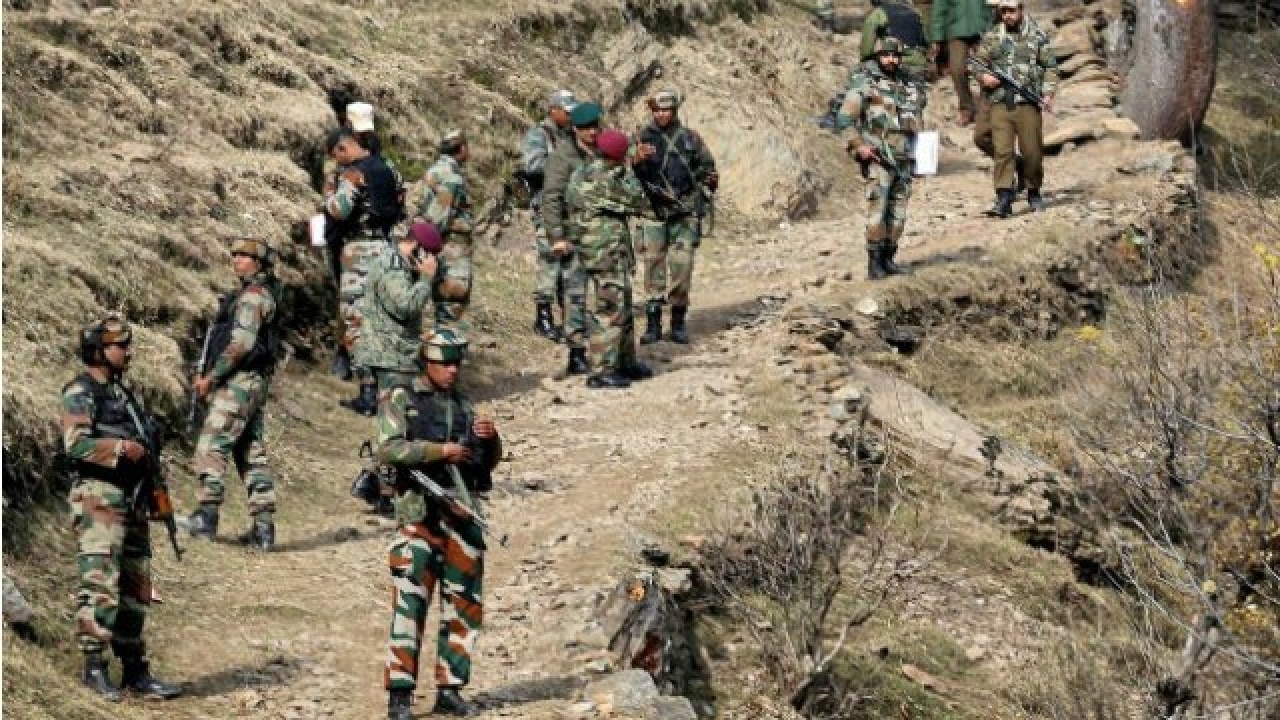
A middle-class Tamil boy in Chennai, who is an Indian Union citizen, wants to join the Indian Army. He studies in Tamil medium like the huge majority does in Tamil Nadu. He’s middle class and aspires to join the National Defence Academy (NDA) to become an Indian Army officer. Before the exam, he comes to know that his Tamil mother tongue and Tamil medium of schooling, isn’t allowed in the NDA entrance exam. He can’t even get the NDA entrance exam syllabus in his mother tongue. Why does he have this disadvantage? Does everyone have this disadvantage? Does anyone get to take NDA exam in their mother tongue? A Hindi speaking Haryanvi studying in a CBSE school can sit in the same NDA examination in his mother tongue Hindi. Our Tamil boy had assumed all along that citizenship confers total equality of status and as CN Annadurai has said, every citizen must share advantages and disadvantages equally. NDA exam has Mathematics and General Knowledge components. He doesn’t understand how Hindi is relevant in those subjects but Tamil isn’t. He has heard that Hindi speakers are over represented among officers in the Indian Army. May be it’s a rumour? This Hindi OK, Tamil not OK rule makes him think again. He feels cheated and discriminated. Is knowledge and patriotism not enough for a Tamil to get the same treatment as a UP person with the same amount of knowledge, physical fitness and patriotism? Even if he knew English, after joining NDA, he would have been compulsorily tested in Hindi. When does the discrimination end?
Earlier this August, about half the candidates from Tamil Nadu who wanted to join as Indian Army were disqualified. They had successfully cleared the challenging Physical Fitness Test (PFT) but were stumped by the absence of Tamil question papers, which were available in Hindi and English. Even at the soldier level, Hindi mother-tongue people can expect to be tested in their mother-tongue. Others are second-class. The exam was set in CBSE syllabus, where less than 10% of students study. Tamil state board students never knew that to be considered a full citizen who has all the rights of citizenship, one better be a CBSE-school-studying Hindi speaker.
Tamils have to discard their Tamil-ness to become Indian.
Over 90% of the land border is in non-Hindi states. The entire coastal border is in non-Hindi states. Is this Hindi business some kind of a cruel, discriminatory joke to keep unscientific and racist Martial Race theory of the British that even recently the Army defended in court? After the shameful Tamil Nadu recruitment event, sources at the Indian Army Recruiting Office said, “We lose some of the best candidates and sports talents”. Does the Army want the best person or the best Hindi-speaking person? By upholding a preferential policy for Hindi even by rejecting the best talent, isn’t external security being put at stake?
Government of India (GoI), to pursue its Hindi imposition policy wants to peddle the idea that Hindi is the national language (it is not, as per the Constitution and multiple court verdicts) and Hindi has some kind of universal acceptance. Extensive studies show that a large majority of Indian citizens don’t understand Hindi and Hindi is the mother tongue of a mere 25%. Yet the GoI wants to repeat the lie of Hindi’s universal intelligibility and acceptance and concomitantly discriminate against non-Hindi speakers so that with time, this Hindi imposition and non-Hindi exclusion programme finally produces what it claims is already present. There are other names for such policies. It’s called cultural apartheid or linguistic genocide.
The author comments on politics and culture; @gargac